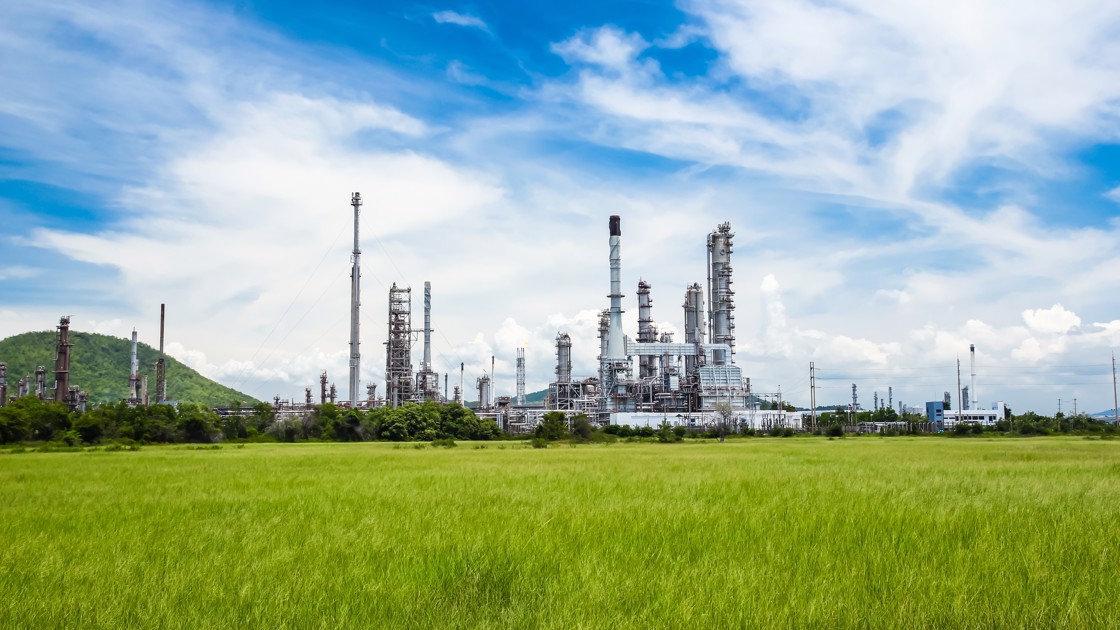Workers across Europe are keen to see the sustainable transformation of their industries. It will damage both the environment and our societies if politicians do not deliver the solutions we need.”
The EU Environment Council meets today to agree on its approach to the European climate law and the plan needed to reach the goal of climate neutrality by 2050. On this occasion, industriAll Europe calls on the EU Environment Council to focus on the needs of industrial sectors as they deal with the decarbonisation challenge.
IndustriAll Europe has been clear about its support for the EU’s plan to reach climate neutrality by 2050, putting forward key requirements that trade unions need to see fulfilled. Foremost, trade unions expect a Just Transition to climate neutrality that leaves no worker and no region behind, and a European industrial strategy that ensures a strong and viable European manufacturing industry. This must include energy-intensive industries and the 5.3 million jobs they support in the EU and regional economies. Investing in the transformation and strengthening of integrated industrial value chains to maintain and create good jobs in Europe must be at the core of the EU's approach to fight climate change.
With this goal in mind, industriAll Europe has developed clear policy demands for a social and sustainable recovery from the current crisis and we have repeatedly insisted on the need for sectoral strategies. We have called for in-depth sectoral impact assessments to avoid unrealistic climate objectives that would undermine the EU industrial basis. We require sectoral roadmaps that identify industry needs to cope with the revised climate targets in terms of technology development, infrastructures and skills. Together with our members, we have developed detailed policy proposals for a range of sectors, such as automotive, aerospace, maritime technology and steel.
The case of steel
The European steel sector is a prime example of a sector in urgent need of targetted support. The sector has long been suffering from unfair trade and global overcapacity and the recent COVID-19 pandemic has made matters worse. Without urgent action, half of Europe’s steel capacity and thousands of jobs are at risk.
Yet, there is a strong case to support the European steel industry. Steel is crucial to achieve our climate ambitions and the aims set out in the European Green Deal. We need it for the transformation of our transport systems, the modernisation of energy networks, the deployment of renewable energies, and for the refurbishment of buildings to become more energy efficient. And, given the right conditions, Europe has the capacity to produce the cleanest steel in the world.
With our campaign ‘Europe needs steel and steel needs Europe’ and our European-wide steel action day on 1 October 2020, steel workers across Europe have been calling for a new European steel action plan. Today, in cooperation with the European steel industry association Eurofer, we call on the EU Environment Council to focus on this strategic industry and to provide a pathway to decarbonisation with concrete and effective action.
Judith Kirton-Darling, Deputy General Secretary of industriAll Europe states: “Workers across Europe are keen to see the sustainable transformation of their industries. Regarding steel, we know that a third of blast furnaces will need renovating or replacing in the next 10 years. That makes it urgent that we have a clear roadmap towards green steel made in Europe. It will damage both the environment and our societies if politicians do not deliver the solutions we need.”
Watch European steelworkers mobilising despite the pandemic and hear what they have to say to the EU and national governments:
Contact: Andrea Husen-Bradley (press and communication), Elspeth Hathaway (policy adviser)
